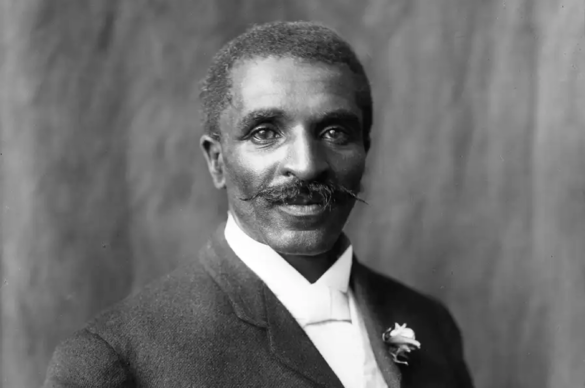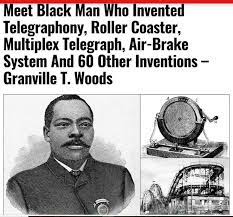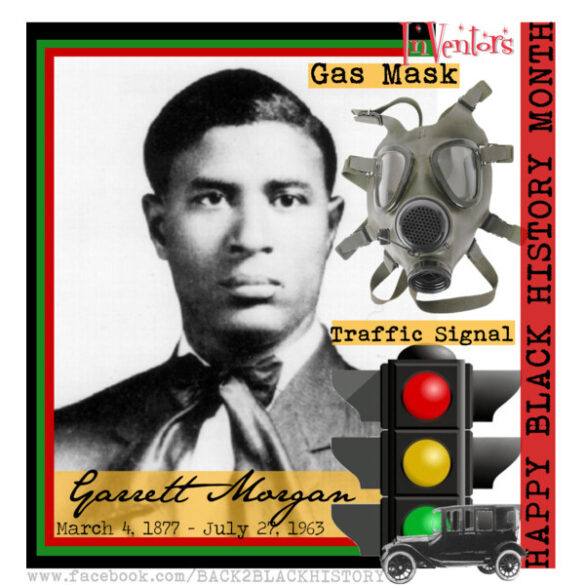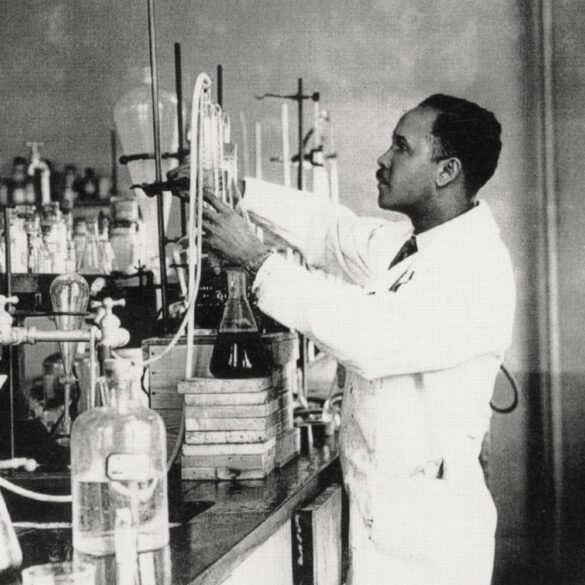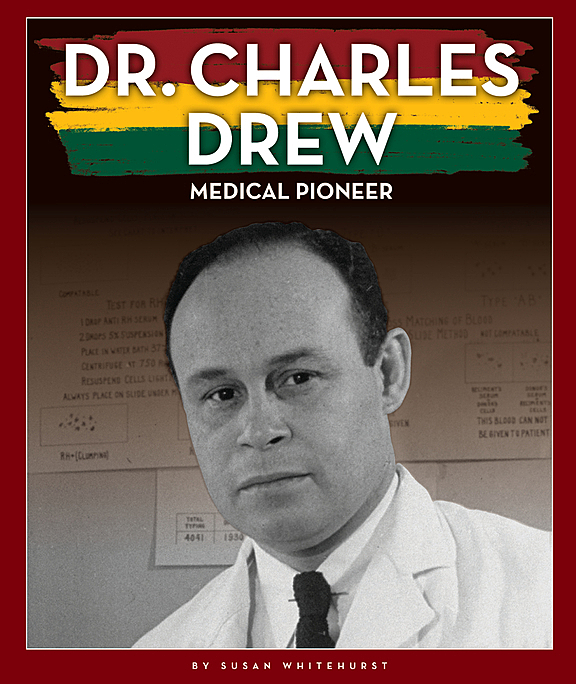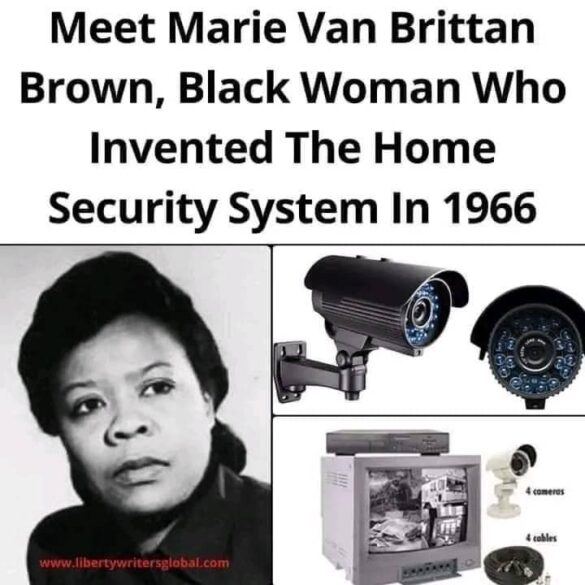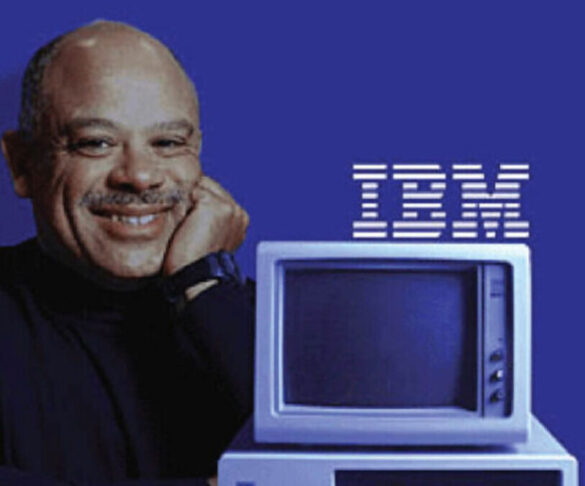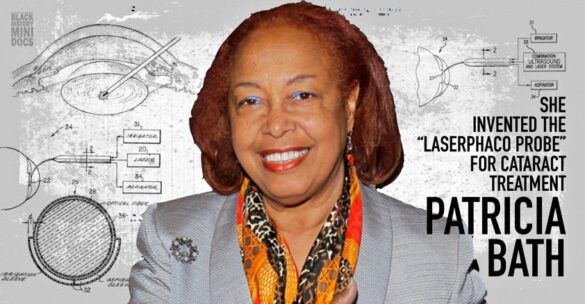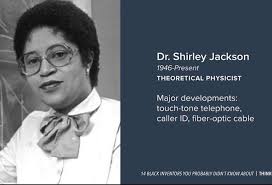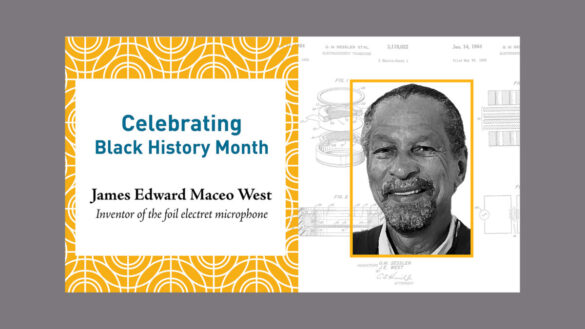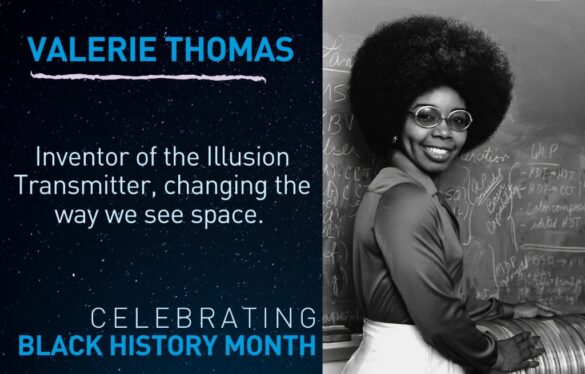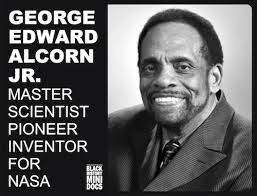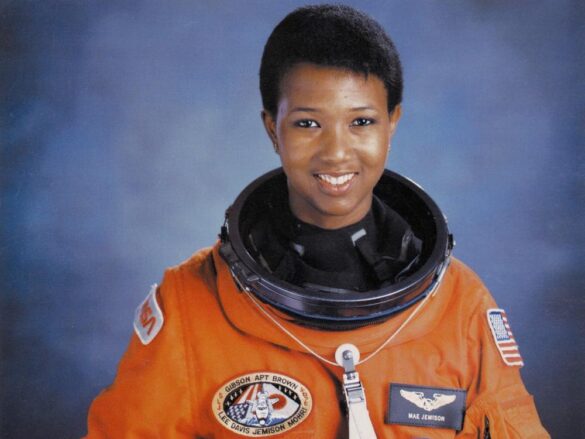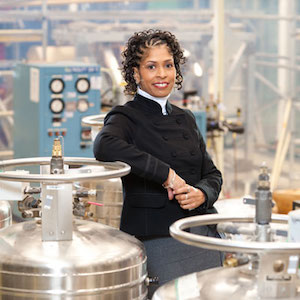
The Top Black Innovators of the 1900’s and Beyond
These innovators were pivotal in defining the contemporary world via their contributions to fields as diverse as healthcare and technology.



These innovators were pivotal in defining the contemporary world via their contributions to fields as diverse as healthcare and technology.
Who Were the Top Black Innovators of the 1900s?
Technological, scientific, and innovative breakthroughs abound throughout the 20th century. Black innovators throughout this period of advancement sometimes remained unappreciated despite the immeasurable value of their efforts. These innovators were pivotal in defining the contemporary world via their contributions to fields as diverse as healthcare and technology. The top twenty Black innovators of the twentieth century and beyond will be honored here for everything that they accomplished.
George Washington Carver (1864 – 1943)
George Washington Carver’s groundbreaking research on peanuts and sweet potatoes has brought him widespread renown. He created more than 300 goods using these crops, such as peanut butter and different colors. At a period when the South’s economy was in shambles, his novel approaches to farming helped turn things around.
Granville T. Woods (1856 – 1910)
Granville T. Woods possessed more than sixty patents, attesting to his prodigious inventiveness. The automated air brake system and the telegraphony, a train communication system, are two of his most notable contributions to the advancement of the railroad business. The innovations he introduced greatly enhanced the security of railroads.
Garrett Morgan (1877 – 1963)
The traffic signal, invented by Garrett Morgan, is the most famous thing he ever did. Both traffic management and road safety were substantially enhanced by his invention. The gas mask, which he developed, was a lifesaver for soldiers in World War I.
Percy Julian (1899 – 1975)
The area of organic chemistry owes a great deal to the work of the outstanding scientist Percy Julian. His groundbreaking breakthrough transformed medicine by facilitating the production of crucial medications, such as cortisone and oral contraceptives.
Charles Drew (1904 – 1950)
During WWII, the methods devised by Charles Drew, a trailblazing medical researcher, for storing blood plasma were crucial. Transfusion medicine and current blood banks owe a debt of gratitude to his groundbreaking research.
Marie Van Brittan Brown (1922 – 1999)
In 1966, pioneering inventor Marie Van Brittan Brown developed the first home security system. Contemporary security systems and monitoring technologies owe a debt of gratitude to her innovation.
Otis Boykin (1920 – 1982)
One of the most influential people in the history of electronics was Otis Boykin, an electrical engineer. He created the brainstem for the pacemaker, a device that controls the heart’s rhythm and saves lives.
Lonnie G. Johnson (1949 – )
An engineer and inventor by the name of Lonnie G. Johnson, the Super Soaker water cannon was a hit with kids all over the world in the 1900s. Improvements in energy-efficient technologies were also influenced by his studies on thermodynamics.
Dr. Mark Dean (1957 – )
A computer engineer, Dr. Mark Dean was an integral cog in the PC’s development. His discoveries have had and will have lasting impacts on the computer industry; he possesses three of the nine initial patents for the IBM Personal Computer.
Patricia Bath (1942 – 2019)
Ophthalmologist Dr. Patricia Bath was an innovator who changed the face of cataract surgery with her groundbreaking invention, the Laserphaco Probe. Innumerable people blinded by cataracts had their sight restored by her invention.
Philip Emeagwali (1954 – )
The contributions of the Nigerian-American inventor and computer scientist Philip Emeagwali to the field of supercomputing are well-known. He made great strides in computational research with his supercomputer design, which could do millions of computations per second.
Jan Ernst Matzeliger (1852 – 1889)
Despite being born in the 1800s, Jan Ernst Matzeliger had a significant influence on the shoe business of the 1900s. He mechanized the process of connecting the sole to the top section of a shoe by inventing the shoe lasting machine. This considerably increased the efficiency of shoe manufacture.
Dr. Shirley Jackson (1946 – )
A pioneer in theoretical physics, Dr. Shirley Jackson is a scientist by training. Among the many technological advancements made possible by her efforts are caller ID and the portable fax machine.
James West (1931 – )
James West is a renowned acoustical scientist who co-invented the electret microphone, a tool extensively utilized in audio recording and telecommunication. The invention he made had a profound impact on the field of sound recording and transmission.
Valerie Thomas (1943 – )
A pioneer in three-dimensional technology, scientist and inventor Valerie Thomas created the illusion transmitter. Innovations in holography and three-dimensional imaging were made possible by her discovery.
George Alcorn (1940 – )
The x-ray spectrometer and imaging x-ray spectrometer were both developed by George Alcorn, a scientist and engineer. Space missions have made use of his ideas, which have enhanced our knowledge of the cosmos.
Dr. Mae Jemison (1956 – )
For the first African American woman, Dr. Mae Jemison, space travel was a watershed moment. Among her many accomplishments, she has served as an astronaut, doctor, and engineer. Many others have been motivated to seek jobs in STEM industries by her accomplishments.
Benjamin Banneker (1731–1806)
Benjamin Banneker may have lived in the 18th century, but his mathematical and astronomical discoveries set the stage for modern science and technology. He helped survey and develop the layout of Washington, D.C., and is famous for his work on almanacs.
Numerous disciplines, including engineering, medicine, and technology, were profoundly impacted by these twenty Black innovators of the twentieth century. In addition to enhancing countless people’s lives, their innovations and contributions have changed whole sectors and opened the door for many more creative thinkers to come after them.
Recognizing and honoring these innovators’ accomplishments is crucial because their stories demonstrate the strength of character traits like determination, imagination, and intellect in the face of hardship; as a result, their legacies have far-reaching consequences. Their ideas serve as a constant source of inspiration, showing us that no matter our origin or circumstances, we all possess great potential.
The significance of diversity and inclusion in STEM (science, technology, engineering, and mathematics) areas is brought to light as we contemplate the achievements of these extraordinary individuals. The importance of ensuring that people from diverse backgrounds have access to STEM occupations and the resources they need to promote human knowledge and creativity is highlighted by their accomplishments.
Lastly, the world owes a great debt of gratitude to the twenty Black innovators who emerged as the most influential in the twentieth century.
Their achievements will be remembered forever, and the tales they tell will motivate future generations. Their significant effect on society and the globe at large necessitates that we always commemorate and pay tribute to their legacies.
Into the 21st Century
African American innovators have shown remarkable invention, inventiveness, and perseverance in the twenty-first century by making more significant contributions to a variety of sectors. The innovations made possible by these pioneers have enhanced the standard of living for individuals all across the globe and shook up whole industries. Five Black innovators from the 21st century are listed here:
Dr. Mark Dean is an inventor and computer engineer. He oversaw IBM’s technology operations in the MENA region in the early 2000s. Most people remember Dr. Dean as a co-inventor of the ISA system bus, which connected peripherals like keyboards and printers to personal computers. He was also instrumental in creating the first gigahertz microprocessor chip, a watershed moment in computer history. When it comes to personal computers, Dr. Dean’s ideas have been game-changers.
Lonnie Johnson’s groundbreaking work in thermodynamics have brought him widespread renown as an innovator and engineer. Although his Super Soaker was invented in the early 1990s, well before the turn of the century, his subsequent advancements in renewable energy technology and thermodynamics have been immensely influential in this century. The Johnson Thermo-Electrochemical Converter (JTEC) and other cutting-edge heat pump technologies that Johnson has developed show great potential for cleaner, more sustainable electricity production.
The groundbreaking work of cancer researcher and physicist Dr. Hadiyah Nicole-Green in the 21st century has centered on the use of laser-activated nanoparticles for targeted cancer therapy. She created a revolutionary method called “laser-activated nano-theranostics” to destroy cancer cells with minimal harm to healthy cells. By offering a more targeted and less hazardous strategy to combat the disease, Dr. Green’s research may cause a sea change in cancer therapy.
Dr. Ayanna Howard is well-known for her work in robotics and HCI; she is a computer scientist and roboticist. She is dedicated to improving the lives of people with disabilities, especially autistic children, via her work developing socially supportive robots. Kids may get treatment and assistance from Dr. Howard’s creative robots, which can aid in their cognitive and social development. The beneficial effects of technology on society’s most marginalized groups are demonstrated by her study.
Aerospace engineer Dr. Aprille Ericsson-Jackson made history at Howard University when she became the first African American woman to get a doctorate in mechanical engineering. During her time at NASA, she has concentrated on expanding human knowledge of space travel and creating technology for spacecraft. The James Webb Space Telescope and the Mars Rovers are only two examples of the cutting-edge spacecraft systems to which she has contributed this century. Dr. Ericsson-Jackson’s research keeps expanding the frontiers of space exploration and science.
Among African American innovators in the twenty-first century, these five stand out for their tenacity and creativity. Their work cuts across many disciplines, from computer science to medicine, and their inventions might revolutionize whole markets and greatly enhance people’s quality of life on a global scale. Their contributions highlight the value of diversity and inclusion in the innovation and invention industry, while also serving as an inspiration to generations to come.


